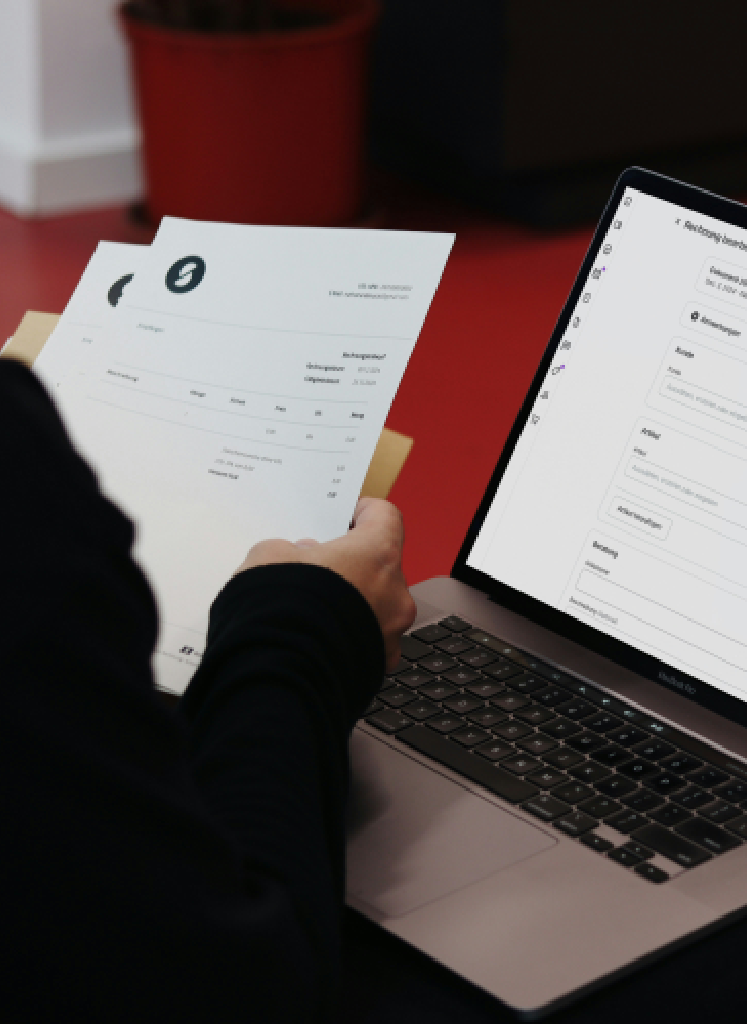Article -> Article Details
| Title | Top Metrics Every eCommerce KPI Dashboard Should Include |
|---|---|
| Category | Business --> Information Technology |
| Meta Keywords | Power BI dashboard freelancer, eCommerce sales dashboards |
| Owner | Jordan Turner Data |
| Description | |
|
That’s where KPI dashboard development comes into play. A well-designed dashboard pulls all your key metrics into one clear, interactive view, empowering your team to make smarter, faster decisions. In this guide, we’ll break down the top metrics every eCommerce business should include in their eCommerce sales dashboards and explain how working with a skilled Power BI dashboard freelancer like Jordan Turner Data ensures that those dashboards drive action—not just reports. Why KPI Dashboards Are Essential in eCommerceFrom Fragmented Data to Focused DecisionsRunning an online store involves juggling platforms—each with its own data format, filters, and limitations. Without integration, you risk:
KPI dashboard development solves these challenges by offering:
Jordan Turner Data specializes in building high-impact dashboards using Power BI that reveal what’s working—and what needs improvement—across your entire eCommerce operation. What Makes an Effective eCommerce Sales Dashboard?Visual Clarity + Actionable MetricsGreat eCommerce sales dashboards don’t just look good—they’re built to support strategic decisions. To achieve that, every dashboard should:
Let’s explore the must-have KPIs that every eCommerce brand should track in their Power BI dashboard. Top eCommerce KPIs to Include in Your Dashboard1. Total Sales & Revenue GrowthTrack your gross and net revenue across time. Split it by:
Your dashboard should offer both high-level trends and the ability to drill down into SKU-level performance.
2. Conversion RateThis critical metric shows how many visitors are turning into buyers. Track by:
Understanding your conversion funnel is key to boosting ROI and lowering acquisition costs. 3. Average Order Value (AOV)Calculate the average transaction value to understand purchasing behavior. Use this to:
4. Customer Acquisition Cost (CAC)Knowing how much you're spending to acquire each customer helps you understand profitability. Pair this with LTV (customer lifetime value) to optimize marketing spend. Power BI dashboards built by a seasoned Power BI dashboard freelancer like Jordan Turner Data can automatically calculate CAC by channel. 5. Return on Ad Spend (ROAS)Analyze the effectiveness of your ad campaigns across Meta, Google, TikTok, etc. Your dashboard should show:
This KPI is vital for making agile decisions about where to allocate ad budgets. 6. Cart Abandonment RateTrack how often customers leave before completing a purchase. High abandonment may indicate:
7. Product Performance MetricsInclude:
Dashboards built with expert KPI dashboard development allow product managers to optimize stock and forecast demand more effectively. 8. Fulfillment & Delivery PerformanceOperational KPIs are just as important as marketing ones. Track:
9. Customer Retention & Repeat Purchase RateOne-time buyers won’t sustain growth. Your dashboard should track:
10. Website Traffic TrendsTrack sessions, bounce rate, and time on site. While this is more of a top-funnel metric, it gives context to your conversion and sales performance. Power BI: The Ideal Platform for KPI Dashboard DevelopmentPower BI is the go-to tool for building scalable, interactive dashboards for eCommerce brands. Why Power BI?
With expert Power BI consulting services, Power BI becomes not just a tool—but a strategic asset. Why Hire a Power BI Dashboard Freelancer?A Power BI dashboard freelancer like Jordan Turner Data provides:
Instead of paying for bloated software or generic templates, Jordan delivers eCommerce sales dashboards that are designed specifically for your team, your metrics, and your goals. Real Example: How One Brand Used These KPIs to ScaleClient: Mid-size DTC apparel brand Solution:
Results:
Final ThoughtsYour eCommerce business is only as strong as the insights driving it. By investing in smart KPI dashboard development, you can focus less on data collection—and more on strategy, marketing, and growth. With the right eCommerce sales dashboards, built by an expert Power BI dashboard freelancer like Jordan Turner Data, you’ll gain real-time clarity into your performance and turn insight into action—faster than ever. Ready to build a dashboard that drives decisions, not just reports? | |

 As eCommerce competition intensifies, your business’s success hinges on one thing: clarity in your numbers. But managing data across multiple platforms—Shopify, Google Analytics, Meta Ads, Klaviyo—can quickly become overwhelming without a centralized solution.
As eCommerce competition intensifies, your business’s success hinges on one thing: clarity in your numbers. But managing data across multiple platforms—Shopify, Google Analytics, Meta Ads, Klaviyo—can quickly become overwhelming without a centralized solution.